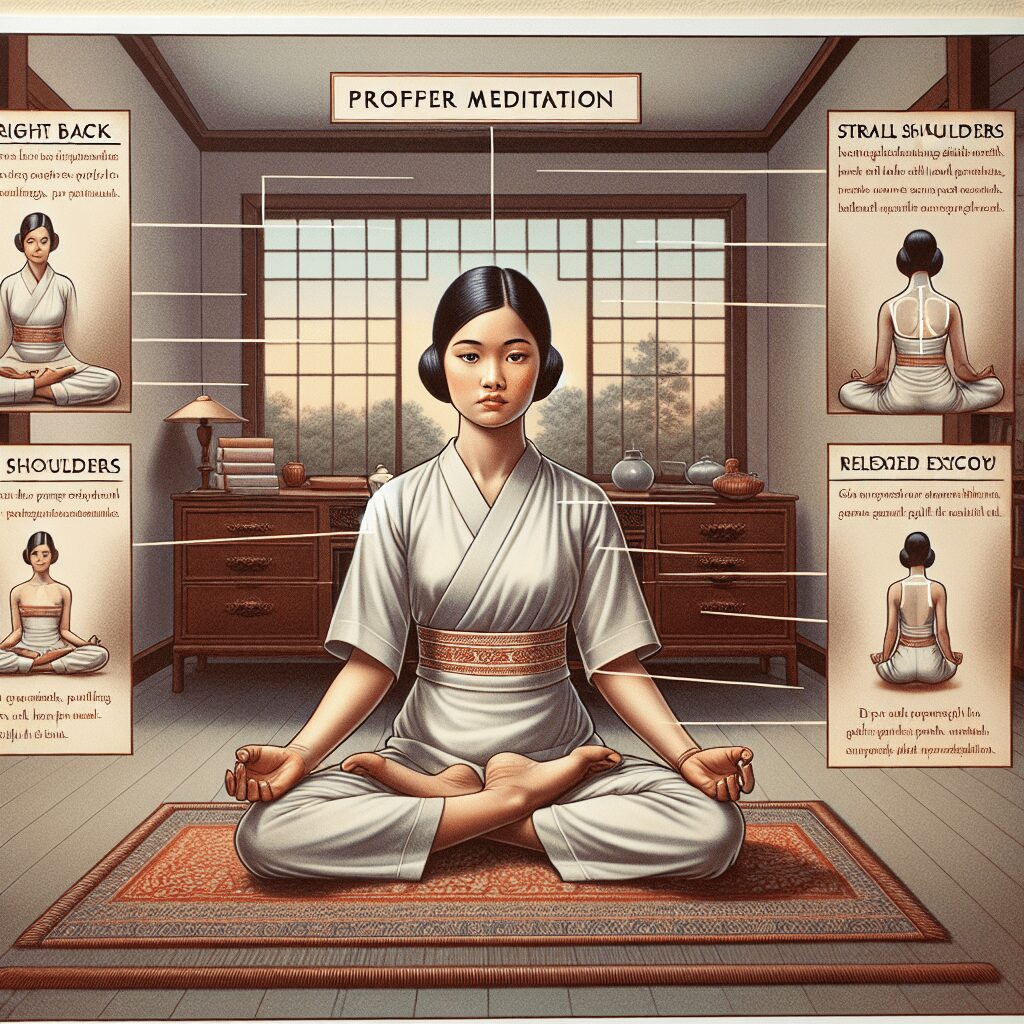
Prioritize your mental well-being daily. Enhance your life by nurturing your mental health with the Smart Meditation app. Break free from stress, alleviate anxiety, and enhance your sleep quality starting today.
Does Anxiety Qualify As A Disability?
Unraveling the Complex Web: Anxiety as a Disability
In the ever-spinning world of health and wellness, a question that often pops up, clouded by misconceptions and legal jargon, is: Does anxiety qualify as a disability? It’s a query that many wrestle with, seeking clarity amidst the fog of societal and medical definitions. So, let’s dive deep, dissecting this intricate subject to shed some light on the matter.
A Fine Line: Understanding Anxiety and Disability Status
The journey to understanding whether anxiety is recognized as a disability is akin to navigating a labyrinth, where every turn could lead to a new revelation or a dead end. Here’s the skinny on how anxiety straddles the lines between a manageable condition and a recognized disability.
The Legal Framework
At the heart of this discourse lies legislation such as the Americans with Disabilities Act (ADA) in the United States, which crafts a broad canopy under which various conditions, including mental health disorders like anxiety, may find shelter. The crux? The condition must significantly limit one or more major life activities. This isn’t your garden-variety stress about a work deadline; we’re talking about severe anxiety that hammers at your daily life like a relentless storm, leaving you struggling to perform even the simplest tasks.
The Diagnostic Tightrope
However, it’s not all cut-and-dry. A diagnosis of an anxiety disorder, be it Generalized Anxiety Disorder (GAD), Panic Disorder, or any other type, doesn’t automatically grant you a golden ticket to Disability Land. Nope, it’s a tad more complicated. Health professionals and legal experts often need to band together, piecing together a tapestry of medical history, daily functionality, and the impact of symptoms on quality of life. It’s a meticulous process, with both sides treading a tightrope to reach a consensus.
Navigating Through the Maze: Steps to Recognition
Alright, so you’ve got an anxiety disorder that’s cranking up the volume on your life’s difficulties. What’s next? How do you paddle through this stormy sea to seek recognition under the disability umbrella? Here’s a step-by-step guide that might just help:
-
Get a Comprehensive Evaluation: First off, arm yourself with a detailed assessment from a mental health professional. This isn’t your average chit-chat session. You’ll need a thorough evaluation that paints a clear picture of how your anxiety morphs into a colossal obstacle in your daily life.
-
Documentation is Key: Gather every shred of medical documentation that highlights the severity and persistence of your condition. Think of it as building a fortress of evidence, each document a brick solidifying your case.
-
Legal Consultation: Sometimes, you need to bring out the big guns. Consulting with a legal expert knowledgeable in disability law can steer you through the murky waters of legal requirements and advocacy.
-
Be Your Own Champion: Advocating for yourself is paramount. Whether it’s during medical appointments, at your workplace, or in legal settings, your voice is a powerful tool. Articulate the challenges you face and the accommodations that could serve as a lifeline in managing your condition.
Finding Solace in the Storm
In the grand tapestry of mental health and legal recognition, understanding whether anxiety qualifies as a disability can feel like deciphering an ancient script. But here’s the takeaway: under certain conditions, and with the right approach, anxiety can be recognized as a disability, offering a beacon of hope for many struggling in silence.
It’s a testament to the evolving understanding of mental health in our society, reflecting a growing acknowledgment that not all disabilities are visible, and not all struggles are tangible. So, if you’re fighting this battle, remember, you’re not alone. There’s a path through the thicket, and with perseverance, support, and the right guidance, you can find solace and the recognition you rightfully deserve.





